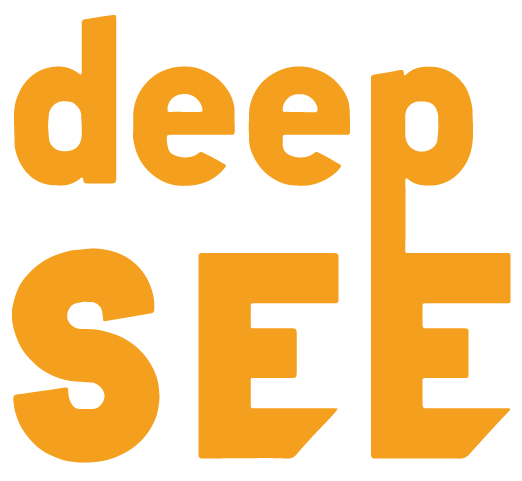Racial Bias Training Day! Why is it only at Starbucks?
While it’s easy to focus on Starbucks as the specific company involved in this situation, is there any organization immune from a similar headline? Is there any leader that can confidently say that a comparable situation would never happen in their workplace?
Tuesday was Racial Bias training day at Starbucks.
It would be so easy to make Starbucks and the actions of their barista the focus of attention. After all, she called the police on two black men for just sitting in their coffee shop and Starbucks obviously created the work culture in which that could happen. Focusing on the specific individual and corporate system involved here would be focusing on the symptom instead of the much more allusive, frequently mis-diagnosed, and significantly underestimated disorder that the symptom arises from: implicit bias.
While it’s easy to focus on Starbucks as the specific company involved in this situation, is there any organization immune from a similar headline? Is there any leader that can confidently say that a comparable situation would never happen in their workplace? I’m guessing there are few that would make that claim.
That’s not because all organizations have malicious intent. To the contrary, I would put my stake in the ground to say that the vast majority of organizations have positive intent and want to reach everyone in their communities or markets without bias. Yet these incidents continue because of the insidious nature of implicit bias.
Here’s the real question: If few leaders or organizations as a whole would be surprised to see their name in a similar headline, AND if the majority of those same organizations have positive intent, then why is it only Starbucks that is taking the extreme step of closing all stores to ensure their staff receive training to counter bias?
We need to acknowledge that bias, racial or otherwise, is pervasive, that all of us as individuals, not just that one barista are influenced by that bias and that collectively we need to address the impact it’s having on our society. Until we do, it’s not a matter of if, but when the next individuals are mistreated and the next organization appears in the headlines.

